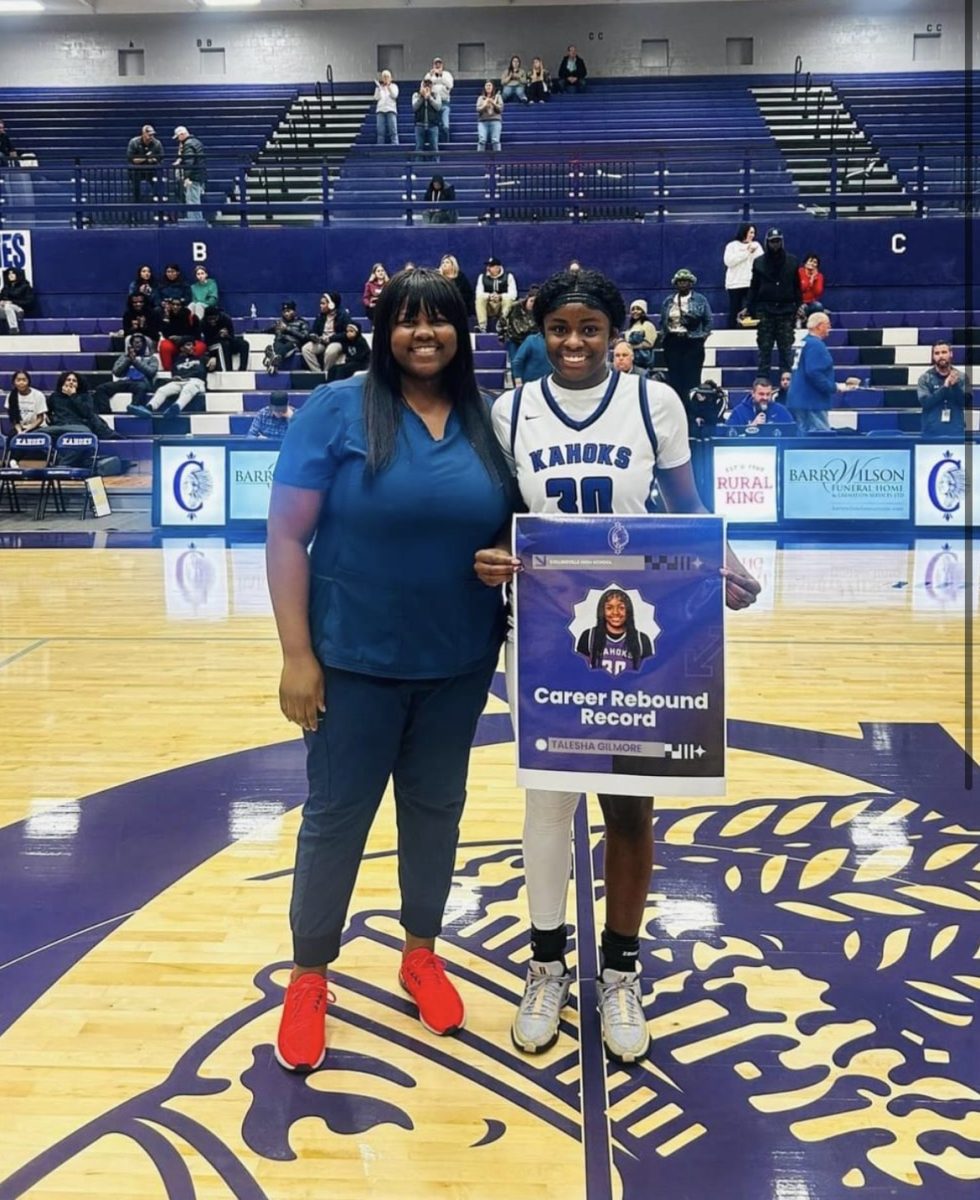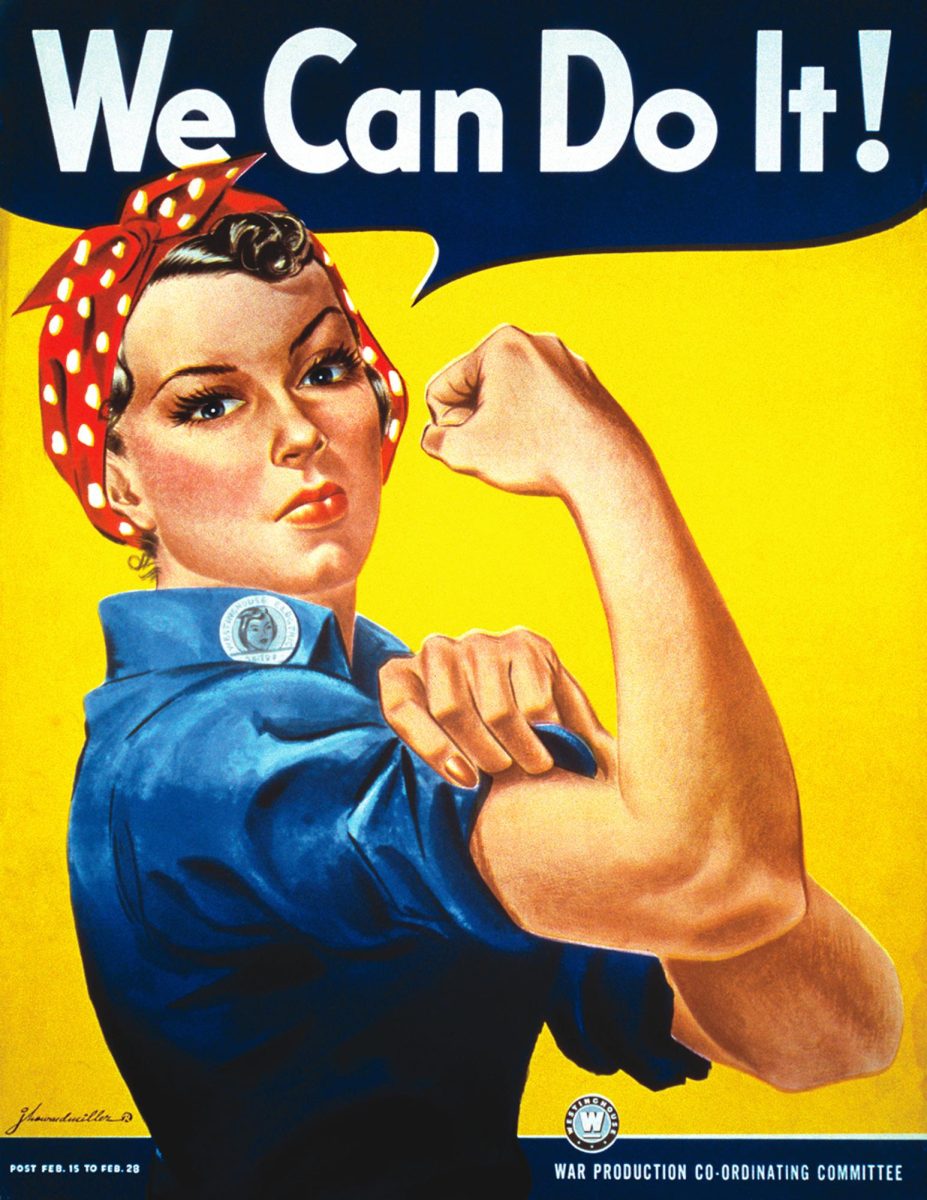Women’s history is widely celebrated across the states today, with huge strides and progress thanks to activism. At this point, you’ve probably learned about Louisa May Alcott, Susan B. Anthony, or Elanor Roosevelt. Still, American companies and media have watered down this rich narrative, erasing the voices of countless other women who battled for the freedoms we enjoy today. This month often leaves disabled, queer, and women of colors’ voices out of the discussion. We must keep these voices alive to truly observe a full view of women’s history.
Victoria Cruz was born in Guánica, Puerto Rico, in 1946. Later, she moved to Brooklyn. She soon came out as transgender to her family, who were very supportive of her. After overcoming addiction, she took part in the Stonewall Riots and dedicated her life to helping survivors of domestic abuse. Cruz’s work towards preventing domestic abuse went on to help countless women and survivors. Her legacy continues to keep the tales of Stonewall, Marsha P. Johnson, and Sylvia Rivera alive to this day. 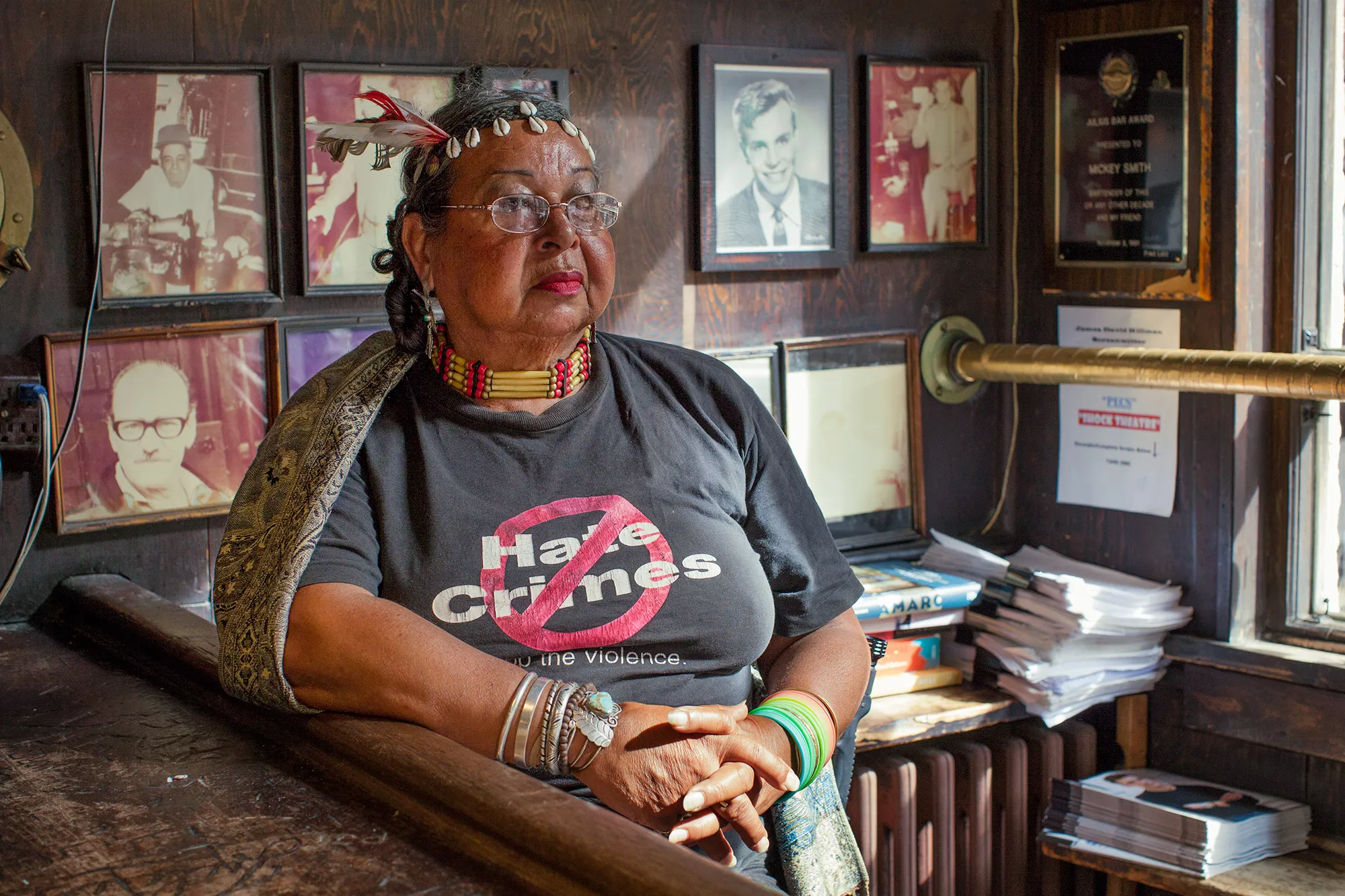
Billie Holiday, a famous musician of the 1930s, dedicated her art to speaking against violence toward black Americans. Most famously, her song Strange Fruit, calls attention to the grotesque nature of lynchings in America and served as an uncomfortable reminder to those who heard the song on the radio when it first aired. She refused to let people turn a blind eye to racial violence in America. Billie Holiday was also an openly queer woman, being in a public relationship with actress Tallulah Bankhead for a period of her career.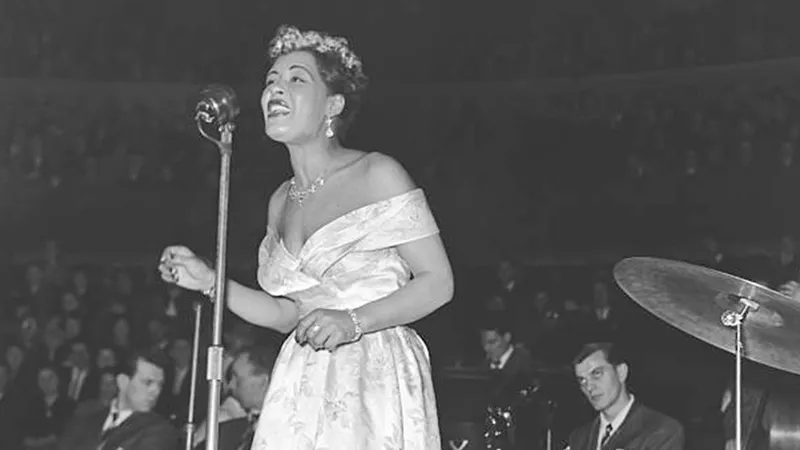
Rosa May Billinghurst, an English suffragette, was paralyzed due to polio and used a wheelchair and prosthetics to move. During her time actively protesting, she was jailed. She and other women went on a hunger strike for two weeks, and prison staff force-fed them through nasal feeding tubes. Even after this, she still continued to fight for women’s voting rights, even chaining herself to the Buckingham Palace gates. She also advocated for equal women’s pay, and voting rights for all women regardless of class. Although not American, activism like hers undoubtedly inspired and proved solidarity among feminists around the globe. 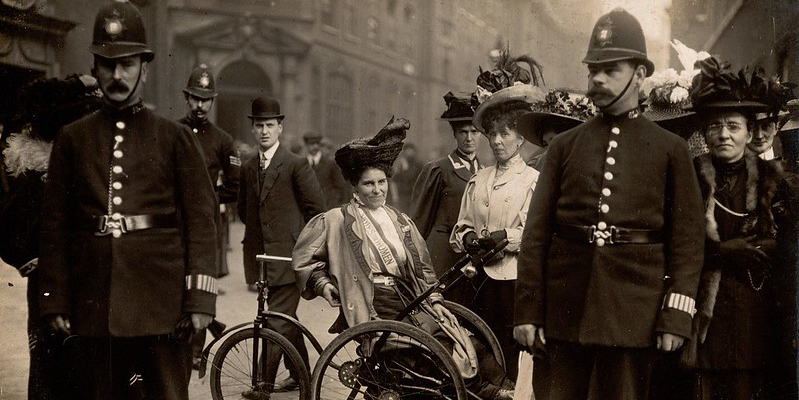
Barbara Jordan was the first African American elected to the Texas Senate, and the first African American woman elected to the House of Representatives by a Southern state. Jordan used her political career to uphold legislation that financially supported minorities and gave back to the community. She was also a keynote speaker at the impeachment of Richard Nixon and an avid critic of corruption in his presidency.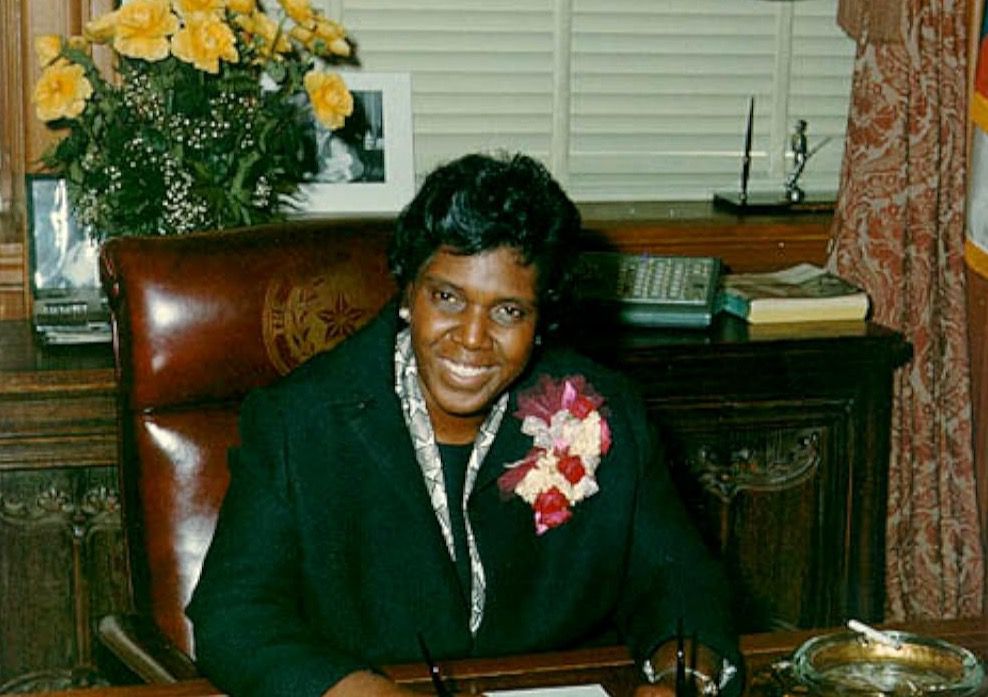
Mabel Ping-Hua Lee was a Chinese-American immigrant and suffragist, who was the first Chinese-American woman to receive a doctorate in economics. She wrote many essays during her time in college, taking the stance that women’s right to vote was essential for a successful democracy. Her speech, titled “The Submerged Half”, encouraged Chinese-American communities to educate their daughters and promote political participation. Because of her status as a Chinese immigrant, even when the Women’s Voting Act was passed, she was unable to vote. Nonetheless, she continued to fight alongside feminists for legislation that she couldn’t directly benefit from until 1943. 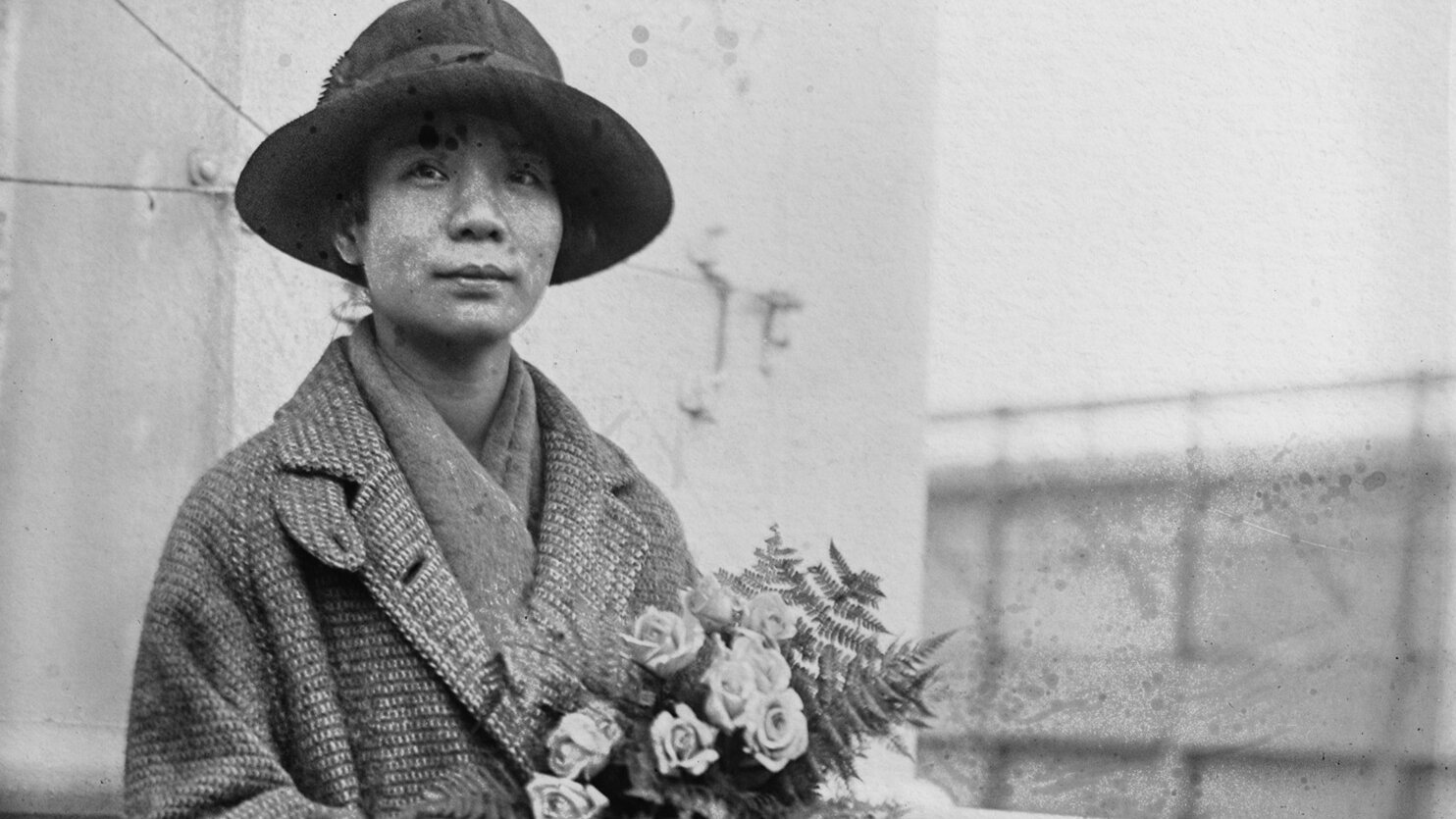
This article only covers a fraction of the many women who have contributed to social reform and change. There are so many more out there whose stories are waiting to be heard. This article, hopefully, can inspire you to go on and do research of your own.
This month, remember how rich and wonderful women’s history is, and remember the countless women who helped write it.




